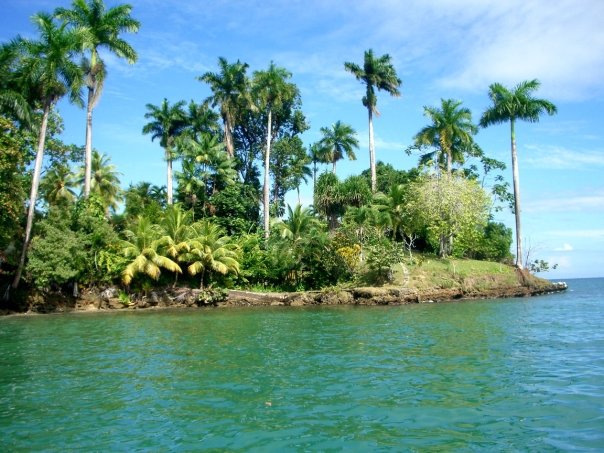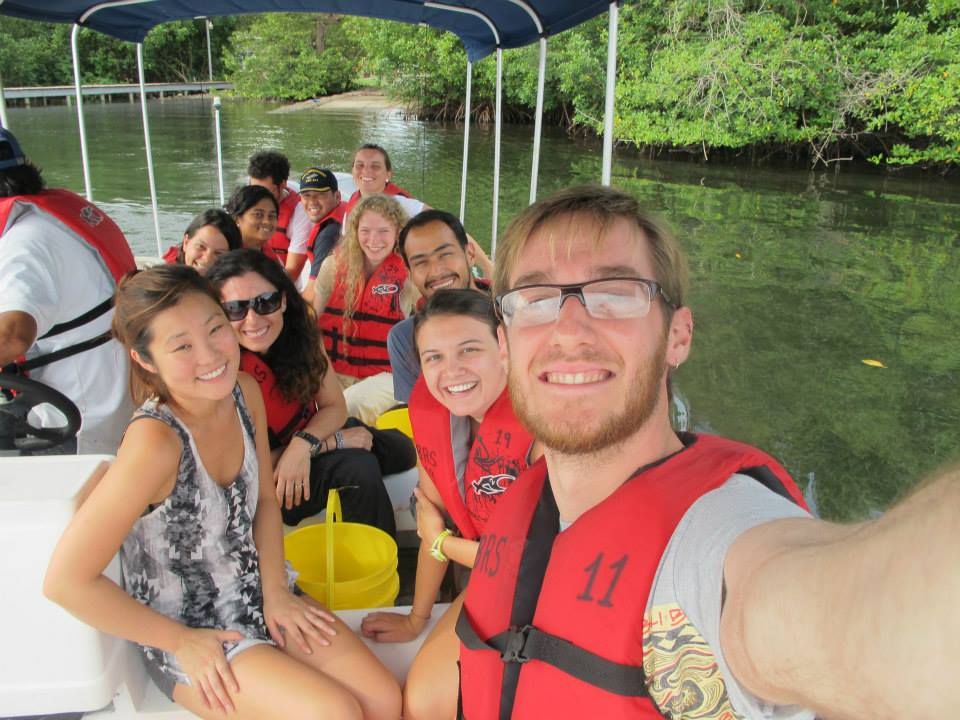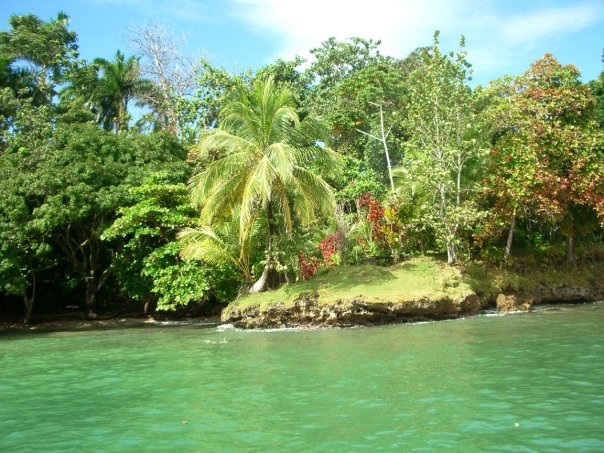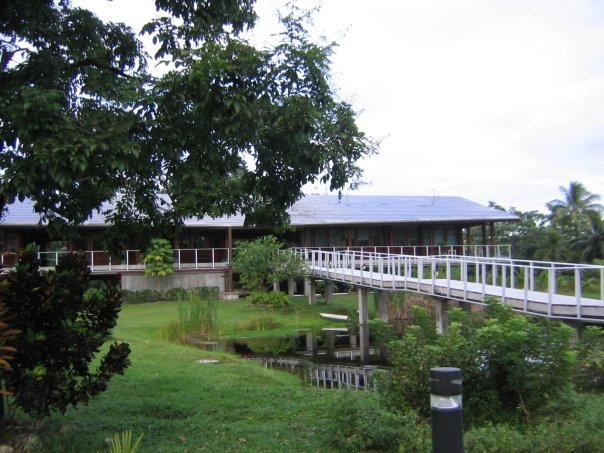Meet the Scientists Working on the
Turritopsis dohrnii Project
Dr. Maria Pia Miglietta, Ph. D.
Dr. Maria Pia Miglietta is an associate professor at Texas A&M University at Galveston. She received her Ph.D. in Biology from Duke University in 2005. She joined the Department of Marine Biology at Texas A&M University at Galveston as an Assistant Professor in 2014. Dr. Miglietta’s research focuses on genetics, evolution, and systematics of Cnidaria, with emphasis on the immortal medusa Turritoposis dohrnii. She teaches Genetics to undergraduates. Sponsored by the National Science Foundation, she teaches summer courses on the biology of Cnidaria at the Smithsonian Tropical Research Institute in Panama. Dr. Miglietta has written 29 peer-reviewed journal articles and her research has been featured on several national and international media outlets (BBC, National Geographic, The New York Times Magazine). For a list of publication see Dr. Miglietta google scholar page or her website.
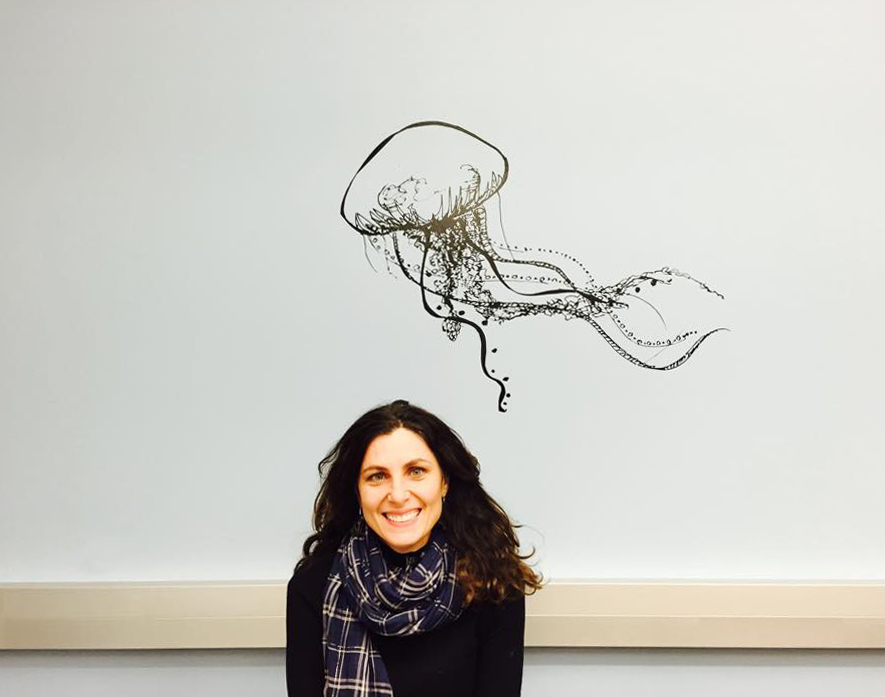
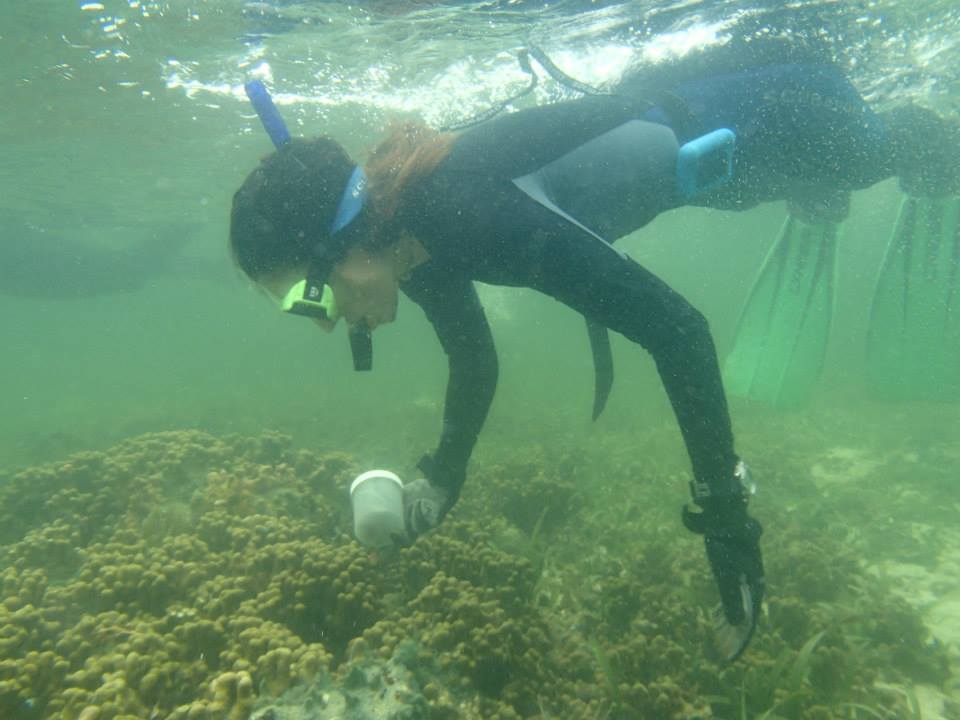
Juliana Giraldo, Ph.D.
Ph.D. Student, Texas A&M University
I am a second year Ph.D. student in Dr. Maria Pia Miglietta’s lab at Texas A&M University in Galveston. My current research focuses on comparing the transcriptome of two Turritopsis species with different life cycles (T. dohrnii, able to revert the life cycle (from medusa to polyp), and T. sp. 1, unable to do it) to understand how gene expression influence the two species’ different capabilities. This finding allows for comparative analyses that can shed light on how cell transdifferentiation and life cycle reversal can occur in one species (T. dohrnii), but not the other (T.sp. 1). I am also interested in evaluating Turritopsis dohrnii responses to different stressors and their success in reversal. For my master’s degree, I used environmental DNA metabarcoding to characterize reef fish in the Gulf of Mexico.
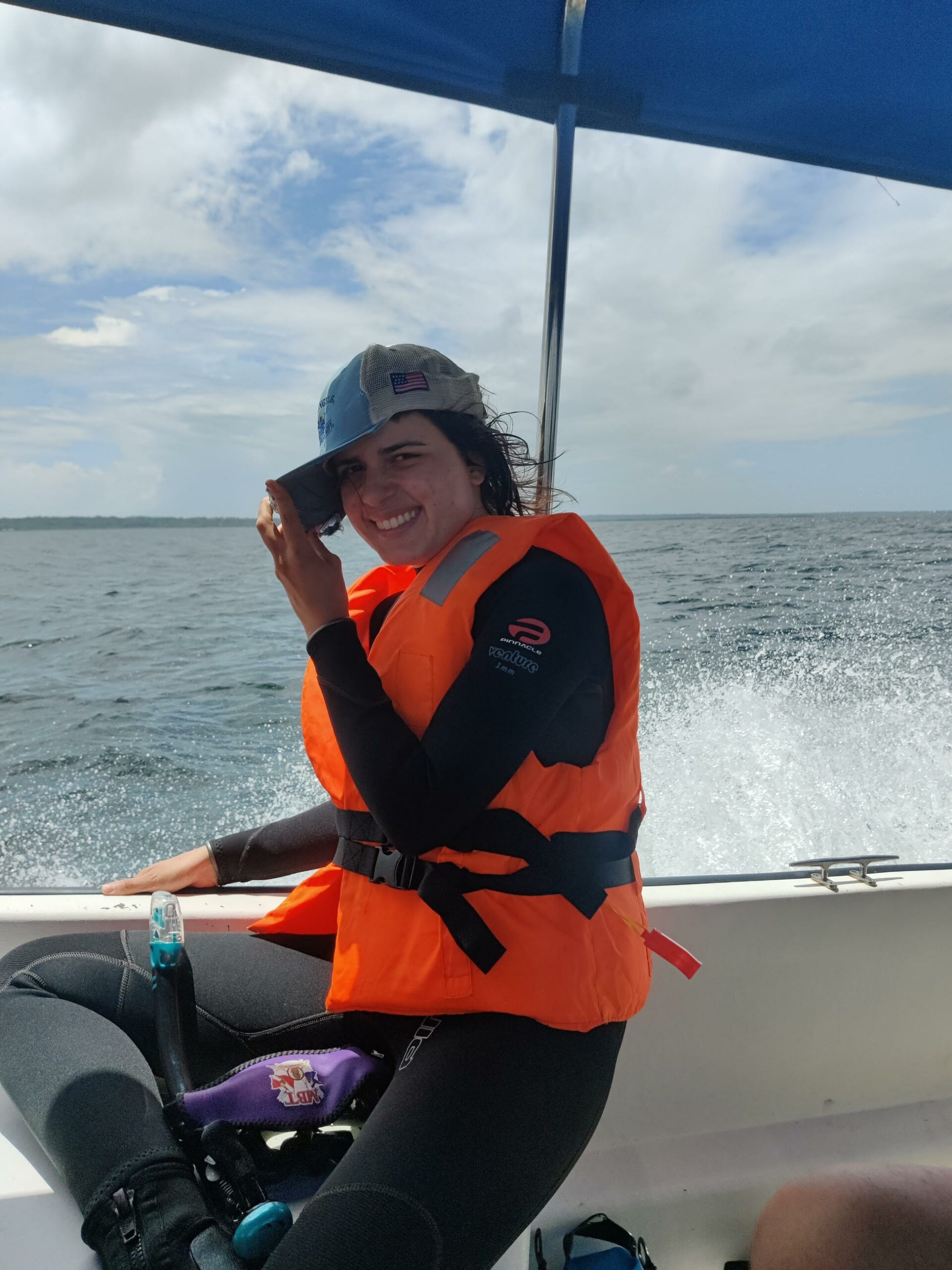
Former Students
Yui Matsumoto, Ph.D.
Currently Transcriptomics Consultant and Analyst at OmniTier
I am currently a Ph.D. student in Dr. Maria Pia Miglietta’s lab at Texas A&M University in Galveston. I am interested in utilizing novel metazoan research systems to further understand the genetics of biological and cellular processes that are pertinent in biomedical sciences, such as tissue regeneration, cellular plasticity and aging. My current research focus involves using comparative genomics and transcriptomics to further understand what genetic networks are involved in the cell transdifferentiation and reverse development of Turritopsis dohrnii, also known as the Immortal Jellyfish.

Images from field work in Bocas del Toro, Panama

